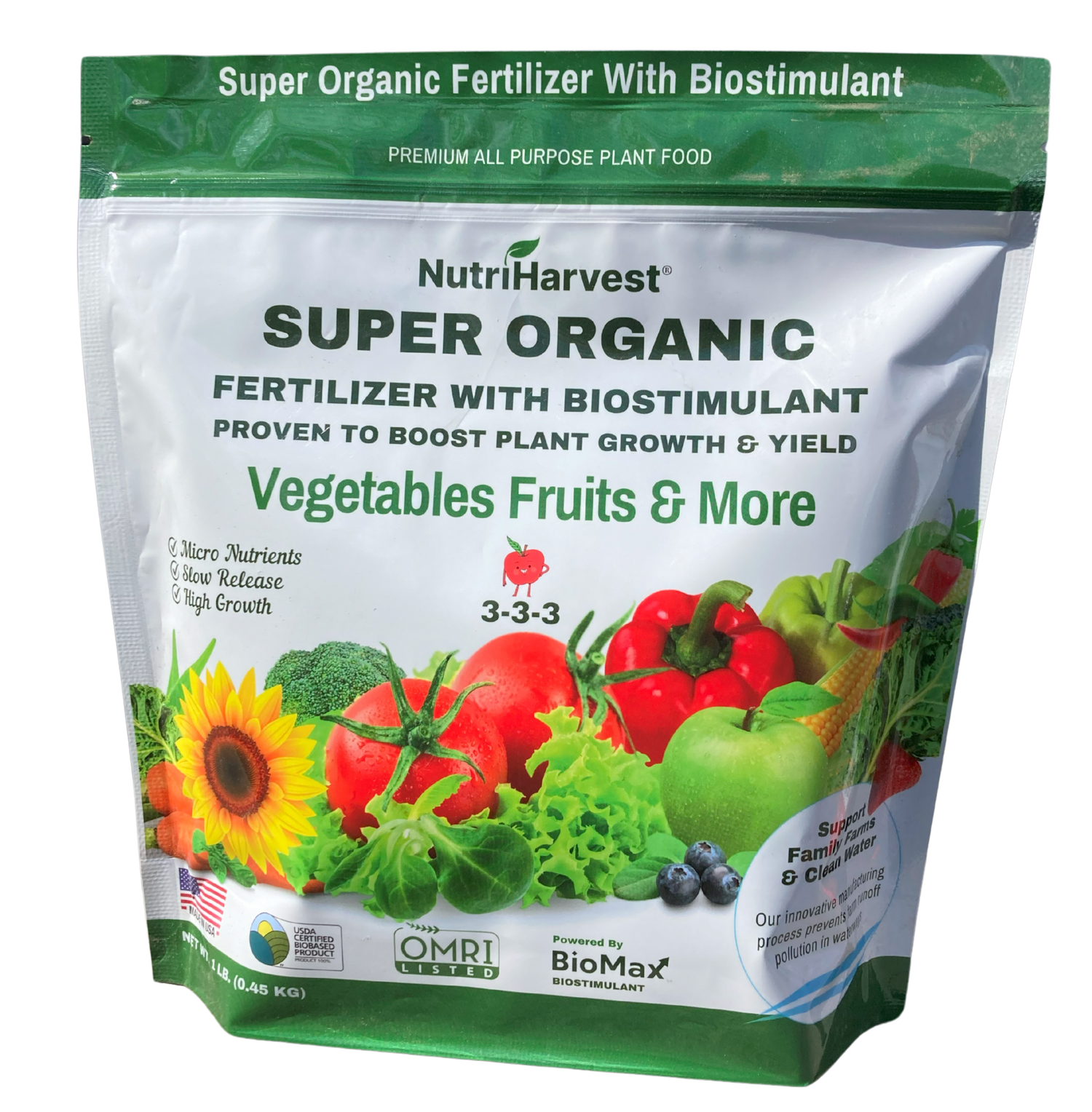Updated November 27, 2024
The Earth’s Keepers, Abenaki people, stewards of the land long before the term "organic" became a modern-day stamp of sustainability, have inherently understood the sacred bond between earth and sustenance. Through the cultivation of ancestral crops with the gentle touch of organic practices, the Abenaki are not just farming—they are engaging in an act of reclamation and preservation. Each seed planted is a legacy; each harvest, a testament to the tenacity of a people whose history is interwoven with the very crops they grow. The organic fertilizers used are not merely inputs but are symbolic of a philosophy that sees all elements of creation as interconnected.
In July of 1880, the journal, The American Naturalist, documented in a research paper titled, The Use of Agricultural Fertilizers by the American Indians and the Early English Colonists, the use of of fish fertilizers in agriculture by the Indians of New England and Virginia. According to the researcher, Browne G. Goode, in America, the use of fish fertilizer dates back to the first colonization, and doubtless, among the Aborigines, long previous to the discovery of the country. Going forward, in 1878, 900-1,000 million fish were caught and processed for oil and fertilizer. The nitrogen obtained from menhaden in 1875 was worth about $1,920,000, equivalent to the nitrogen in 60 million pounds of Peruvian guano.

Today, indigenous reverence for the natural world is showcased in projects like Abenaki Land Link Project, an embodiment of cultural resilience, agricultural wisdom, and environmental harmony. The use of organic fertilizers is deeply embedded in the Abenaki tribe's agricultural practices. In projects like the Abenaki Land Link Project, organic methods are fundamental to growing traditional crops such as Koasek/Calais mix and Calais flint corn, true cranberry, skunk, and Mohawk beans, and Algonquin squash. These practices not only reflect a commitment to natural and sustainable farming methods but also a continuation of cultural and historical traditions in food production

The use of organic fertilizers by the Abenaki is a deliberate choice that honors their ancestors and the earth that has sustained them. It is a profound statement of identity and a practical strategy for health. These fertilizers nourish the soil as the Abenaki nourish their bodies and spirits, ensuring that the land remains fertile for generations to come. In this light, the Abenaki's approach transcends agriculture. It is a movement of cultural revival and community empowerment. By embracing methods that exclude synthetic chemicals, they protect their heritage and the integrity of their food. This initiative, therefore, is not just about yielding crops but about sowing the seeds of resilience and healing for a people once marginalized yet ever proud.
Recommended Products:
References: Indigenous Organizations
- Abenaki Nation of Missisquoi: It is the mission of the Abenaki Nation of Missisquoi to engage in efforts that will promote and sustain a strong, healthy, and united community for the members of the Abenaki Nation. Website: https://abenakination.com
- Nulhegan Band of the Coosuk - Abenaki Nation: This is the indigenous group that provided traditional seeds for the project, playing a central role in the revival and maintenance of Abenaki agricultural practices. Website: abenakitribe.org
- Farm to Plate: A project of the Vermont Farm to Plate Network that works to localize food production and consumption in Vermont. Website: rootedinvermont.org
- Seeds of Renewal: A project that aims to revitalize indigenous agriculture by collecting, preserving, and sharing heritage seeds of the Abenaki people. Website: alnobaiwi.org
- Northeast Organic Farming Association of Vermont (NOFA-VT): An organization that partnered in the Abenaki Land Link Project, contributing to the organic and sustainable agriculture aspect of the initiative. Website: nofavt.org
Additional References:
G. Browne Goode. The Use of Agricultural Fertilizers by the American Indians and the Early English Colonists. The American Naturalist, Vol. 14, No. 7 (Jul., 1880), pp. 473-479 (7 pages) Website: https://www.jstor.org/stable/2449430



